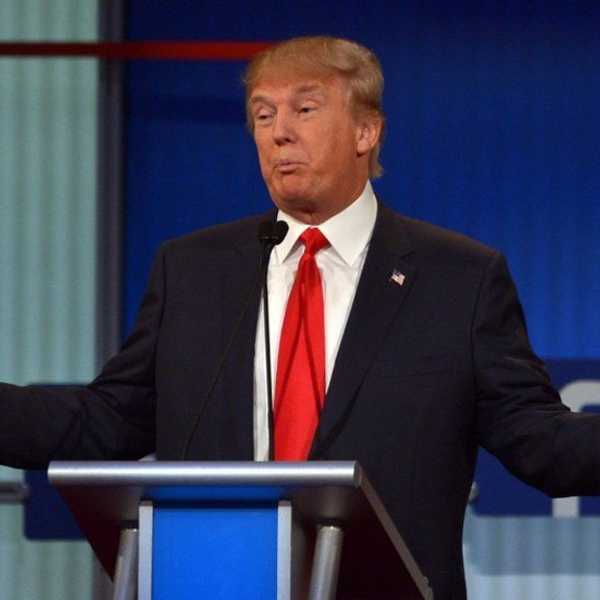Donald Trump has made headlines for almost everything he's said, from his late-night tweets to his promises as President-Elect. It seems he has now started at war with the media after his press conference on January 11, where he called the popular news outlet, CNN, "fake news."
It all started after Buzzfeed News posted an article about Trump's alleged ties to Russia, which CNN used as reference in their article about the same topic. Trump, however, says the articles are wrong and that he has no such ties to Russia. The argument that occurred on camera further divided the nation when Trump called a CNN reporter rude, constantly shushed him and told him that he wasn't going to get to ask his question. When the reporter continued to press, Trump said that he and his organization were fake news. Trump continued the issue after a BBC News reporter stood to ask a question, where Trump responded with sarcasm about their organization as well.
The response about fake news started during the presidential election when many unsourced and non-factual articles about the candidates began to surface. Fake News spread like wild-fire on social media platforms such as Facebook and Twitter to the point where Facebook is now trying to find a way to weed out the fake news outlets.
Fake News can be easily spotted if the article has no source to back up the information it is telling you. Readers should be especially mindful if the article doesn't come from a well-known or credited news source. Outlet's such as BBC News, CNN, or Evening Broadcasts aren't meant to sway you or your party, but to give you information. Fact checkers and News outlets were wrongly discredited throughout the campaigning, so much so that people believe many non-partisan news sources are lying to make people look good or to cover something up, and that is not true when it comes to credited reporting.
The fact of the matter is that news is changing. It is growing on a new platform, and it is vulnerable to those who discredit and barrage it with false claims. Fake News is on the rise because there is a demand for people to read something they already agree with. Sometimes we can't always agree or like the truth of the matter, but it can't simply be chalked up as false or fake when there is evidence to back it up.
In the case of CNN, a reporter got their hands on what they believed was a credited story on Buzzfeed. They wrote the story up, attributing Buzzfeed as a source but did not look it up themselves. In that matter of timeliness news, they wrote it up and sent it out, and the quickness and lack of fact-checking bit them in the end. Does this mean the whole outlet is fake? No. Does it mean we as consumers need to start paying attention to who is saying what? Yes.
With Donald Trump as president, we will need to look past the glamour of a celebrity to see what's really going on in the swamp.





















